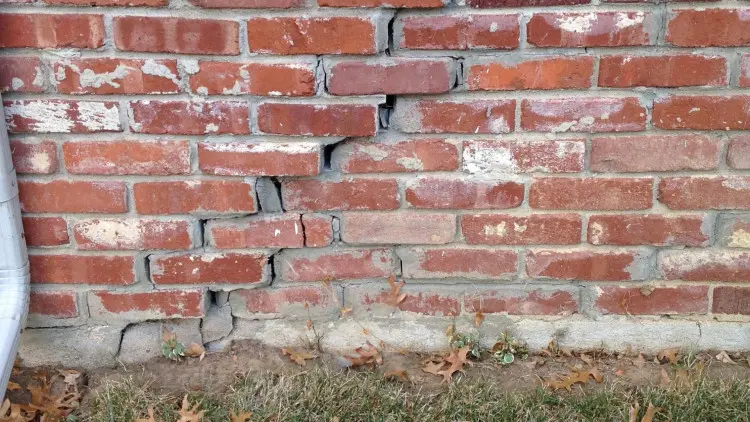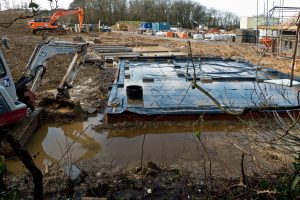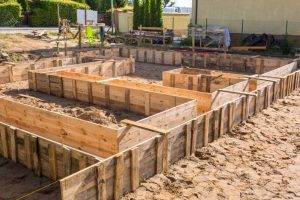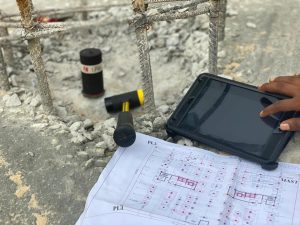When planning a construction project, it is common to focus on visible elements like design, structure, and materials. However, one critical factor that lies beneath the surface is often overlooked: the condition of the ground itself. This is where Geotechnical Investigations come in. These investigations provide essential data about the soil, rock, groundwater, and environmental conditions of a proposed construction site.
Choosing to skip geotechnical investigations may appear to save time or reduce immediate costs, but it usually leads to far more expensive and risky outcomes in the long run. In this article, we explore why geotechnical investigations matter, what happens when they are ignored, and how they ultimately affect project cost and success.
What Are Geotechnical Investigations?
Geotechnical investigations involve the collection and analysis of subsurface data to evaluate the suitability of a site for construction. The process includes soil sampling, laboratory testing, borehole drilling, groundwater assessment, and sometimes geophysical surveys. The findings help engineers make informed decisions on foundation design, earthworks, drainage planning, and risk management.
These studies are typically conducted before any major construction begins. Their purpose is to identify issues like weak soil, expansive clay, shallow bedrock, high water tables, or contaminated materials that could compromise the safety and durability of a structure.
According to the Federal Ministry of Works and Housing, a proper geotechnical study is recommended for all infrastructure projects, especially those involving bridges, high-rise buildings, or industrial facilities.
Why Developers Skip Geotechnical Investigations
Some developers choose to skip geotechnical investigations due to a desire to cut costs or speed up the planning stage. In other cases, there may be a lack of awareness about how essential these studies are. Some may assume that nearby sites with completed projects have similar soil conditions, so they rely on guesswork or outdated data.
Unfortunately, no two sites are exactly the same, even if they are close together. Ground conditions can vary significantly in terms of strength, composition, and moisture content. Making assumptions instead of using scientific data often leads to serious consequences.
Costs of Skipping Geotechnical Investigations
Below are several ways ignoring proper site investigation can result in unplanned expenses and delays.
1. Foundation Failures
Without accurate soil data, foundations may be under-designed or incorrectly chosen. For example, shallow foundations may be used when deep foundations are required, resulting in uneven settlement, cracks in walls, or even partial collapse. These types of failures require costly repairs and sometimes even demolition and rebuilding.
2. Design Revisions and Construction Delays
When poor ground conditions are discovered midway through construction, the project often has to pause for redesign or reinforcement. This affects both timeline and budget. Contractors may need to bring in specialist equipment, redesign foundations, or stabilize the soil, which delays the entire process and increases cost.
3. Increased Material and Labor Costs
Unexpected site conditions often lead to changes in foundation systems or drainage plans. These changes require additional materials, more labor, or both. For example, deeper piling or soil replacement may become necessary. Without proper planning, this can dramatically exceed the initial budget.
4. Legal Liabilities and Contract Disputes
If a building suffers structural problems due to unstable soil, the project owner, engineers, or contractors may face legal action. Lack of a proper geotechnical investigation can be seen as negligence, which opens the door to disputes, fines, or legal penalties.
5. Long-term Maintenance and Repair Costs
Even if a project is completed on time, ignoring subsurface conditions often results in higher maintenance needs down the line. Cracking, water seepage, pavement failure, and poor drainage may become persistent issues. These recurring costs reduce the return on investment and lead to tenant or user dissatisfaction.
The Economic Value of Proper Site Investigations
Spending on geotechnical investigations is small compared to total project costs. However, the value they provide is significant. These studies:
- Allow for accurate and cost-effective foundation design
- Reduce risk of unforeseen problems
- Help meet regulatory requirements
- Support safety and structural stability
- Improve construction planning and efficiency
According to The Institution of Civil Engineers, geotechnical investigations typically account for less than 1 percent of total construction costs but can save up to 15 percent in avoided delays and design revisions.
Best Practices for Managing Site Investigation Costs
To get the most from a geotechnical study without overspending, developers and engineers should:
- Engage qualified professionals who understand local soil conditions
- Ensure that the scope of the investigation matches the project’s complexity
- Use a phased approach where possible, starting with preliminary studies and expanding as needed
- Incorporate findings into all aspects of design and construction planning
Spending modestly on proper site investigations during planning helps avoid significant losses later, especially since they are essential to understanding the conditions that directly affect the stability and success of any construction project.
For reliable geotechnical investigations that protect your investment, AOA Geo-Net offers expert support tailored to your project needs.




